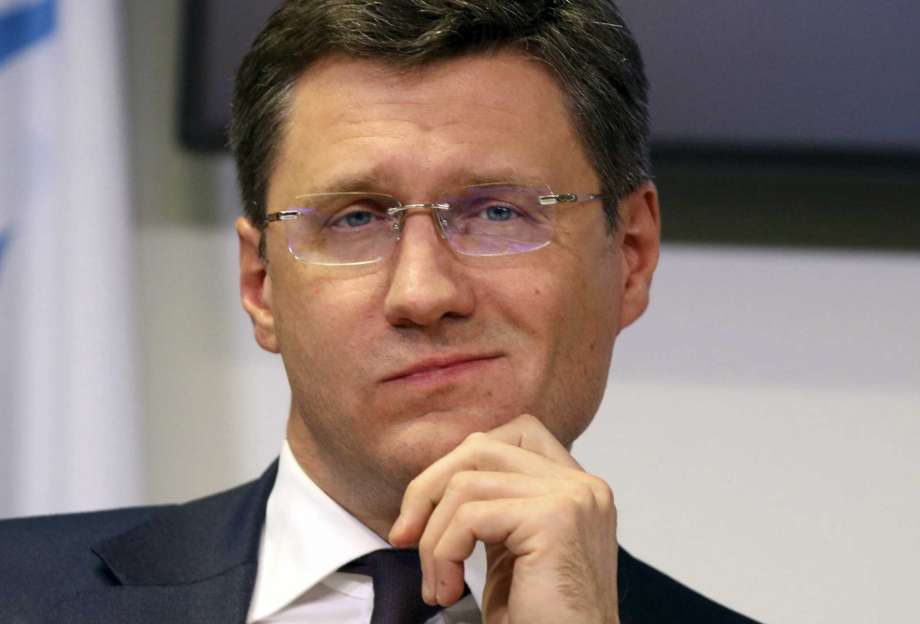
- ARAB NEWS
- 13 Jul 2025

This will be an important week in the oil markets. On Thursday and Friday, the OPEC group and its 10 allies (commonly referred to as OPEC+) will meet in Vienna to deliberate whether or not to extend or even increase the production cut of 1.2 million barrels per day (bpd) they agreed to at the beginning of June. The reasons for the cuts were slowing demand and an increased crude stock building and increased non-OPEC supply in late spring and early summer.
Last week, Brent traded in the comfortable range between just over $62 and $63.5 per barrel. The bullish sentiment correlated with market hopes that the US would reach an agreement with China on “phase one” of their trade deal. On Friday, we saw the price of oil slide to $60.5 per barrel. That was a reaction to US President Donald Trump having signed into law new legislation supporting the Hong Kong demonstrators’ quest for more democracy, with potential sanctions and a ban on the export of certain armaments to the territory’s authorities. This met with the ire of the Chinese leadership. However, it did not feed through to sentiment in the stock markets due to the Thanksgiving holiday.
The comment of Russian Oil Minister Alexander Novak, who stated that he did not necessarily see a need to extend the production cuts at this time, dragged the oil price down to the $60.5 mark. Novak echoed statements made by the Russian finance minister earlier last month. As so often, the market undershot, which was probably exacerbated by thin trading due to the Thanksgiving holiday and algorithms, rather than traders, running the show. By Monday morning, Brent was back up to $61.5.
The OPEC+ meetings, although important, have a grace period because the current production cut runs through to the end of March. The question for OPEC giant Saudi Arabia will be how much longer it wants to shoulder the lion’s share of the burden of lower production. While all oil-producing nations benefited from sustained prices due to the production cuts, Saudi Arabia limited its production far more than necessary under the agreement in order to signal to markets that OPEC+ was serious in its intentions. On the one hand, the Kingdom was supported by Kuwait and Angola, but on the other Russia and Iraq curtailed production by far less than they had promised.
The question for OPEC giant Saudi Arabia will be how much longer it wants to shoulder the lion’s share of the burden of lower production
Cornelia Meyer
The question ministers will have to ask themselves is how much more non-OPEC crude will hit the markets next year and how that stacks up against smaller than expected demand increases. In the autumn, the International Energy Agency had put that number at 2.2 million bpd. There is a question mark over by how much US shale production will increase. Brazil, Norway and Guyana are also set to put more crude on to the market.
The slowing global economy is leading to a depression in refining margins for some distillates. Ministers will have to weigh up whether that will result in fewer refinery runs and what effect that might have on demand for crude.
It would be understandable if Saudi Arabia does not want to continue assuming a disproportionate burden of production cuts as long as other members of OPEC+ do not contribute at least some.
Thursday is also the day of the final pricing of the Saudi Aramco initial public offering. Bankers and investors will look at the earnings power of Aramco based on expectations of both price and volume. That being said, Saudi Aramco is the world’s most profitable company and the lowest-cost producer of oil. Any investor looking for value should be proud to buy the stock.
Meanwhile, the annual conference of the UN Framework Conference on Climate Change, COP 25, takes place in Madrid this week. The climate change agenda has gathered pace, with the young and world leaders demanding greater and quicker action. The European Parliament has declared a climate emergency and the European Central Bank’s new Governor Christine Lagarde has made climate change a top priority, as has new EU Commission President Ursula von der Leyen. Bank of England Governor Mark Carney is set to become the UN’s envoy for climate change and finance.
While these gatherings have no immediate impact on the demand for oil, their conclusions and resulting policies may do in the longer term. When it comes to investing in carbon-based sources of energy, there is increased skepticism among investors and lenders of last resort, such as the European Investment Bank, the European Bank for Reconstruction and Development and the World Bank.
The ministers of OPEC+ will have a lot to discuss, from the state of the global economy to oil’s demand and supply picture and COP 25.
Cornelia Meyer is a business consultant, macroeconomist and energy expert. Twitter: @MeyerResources